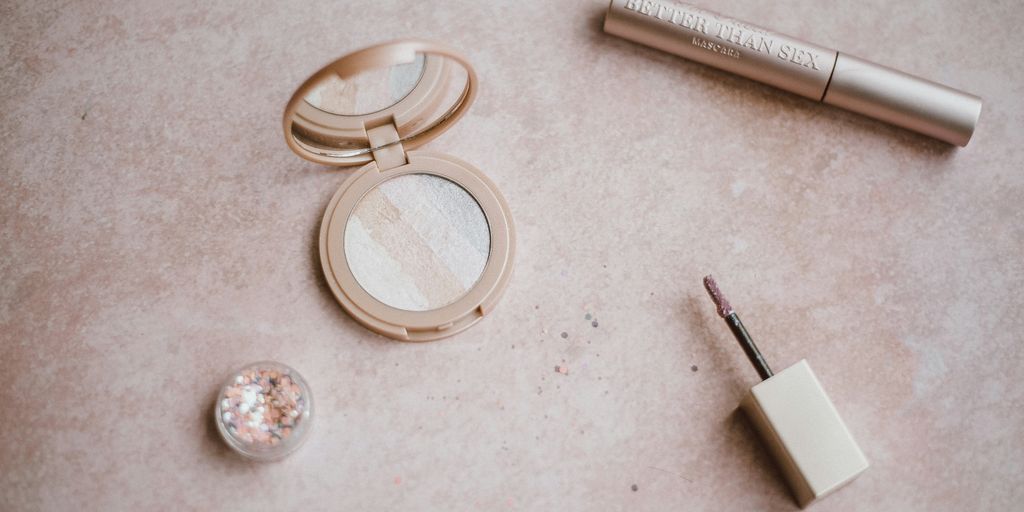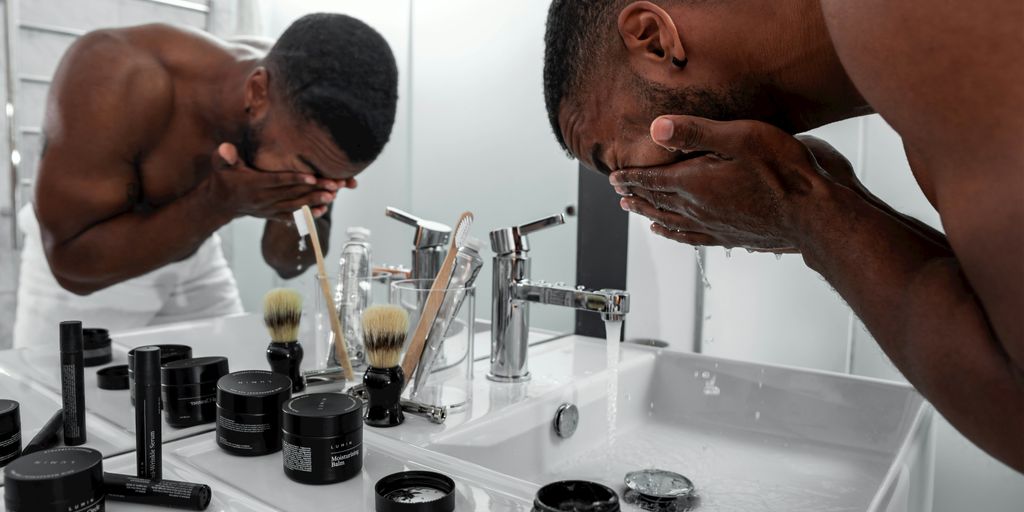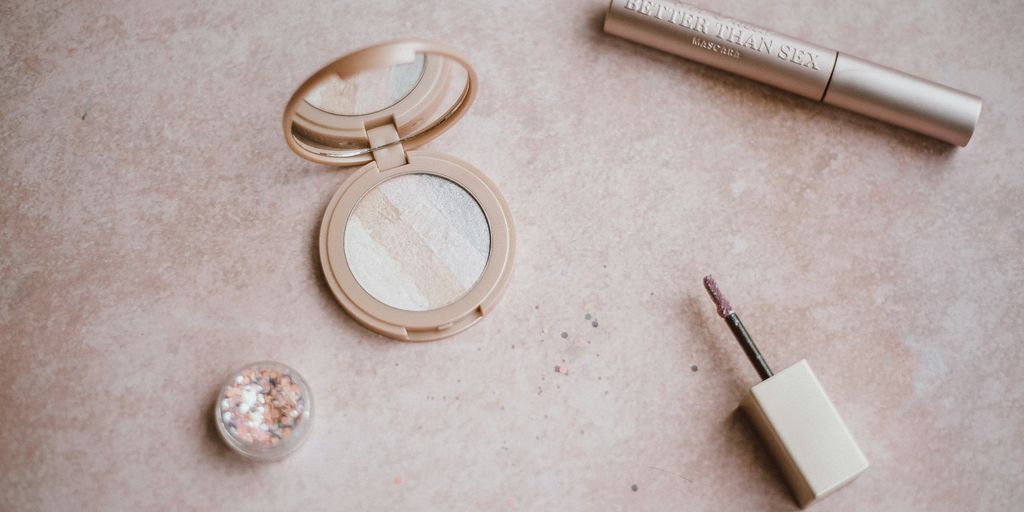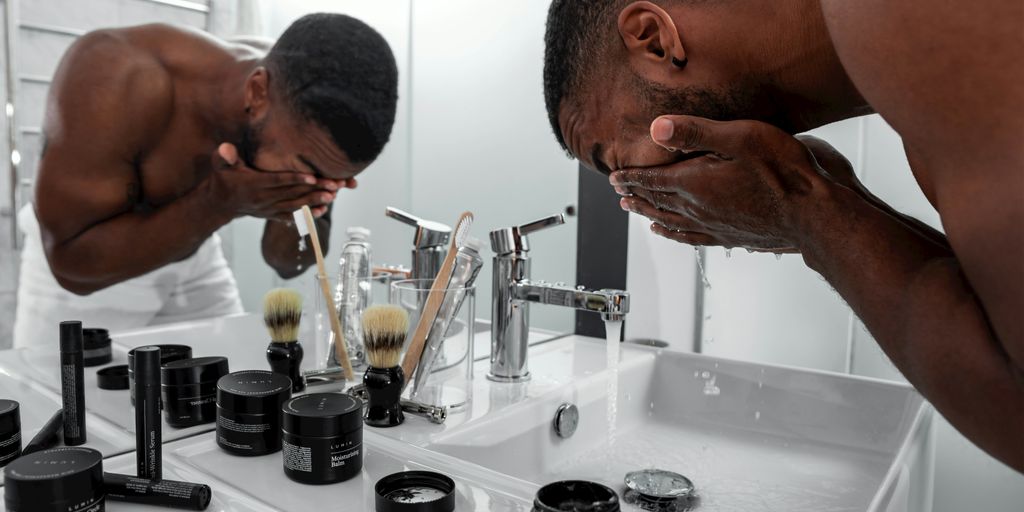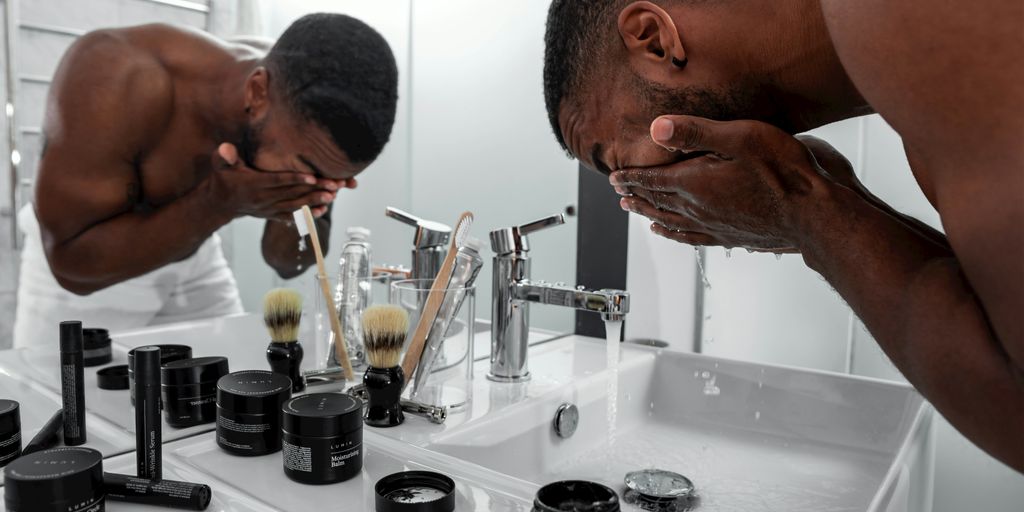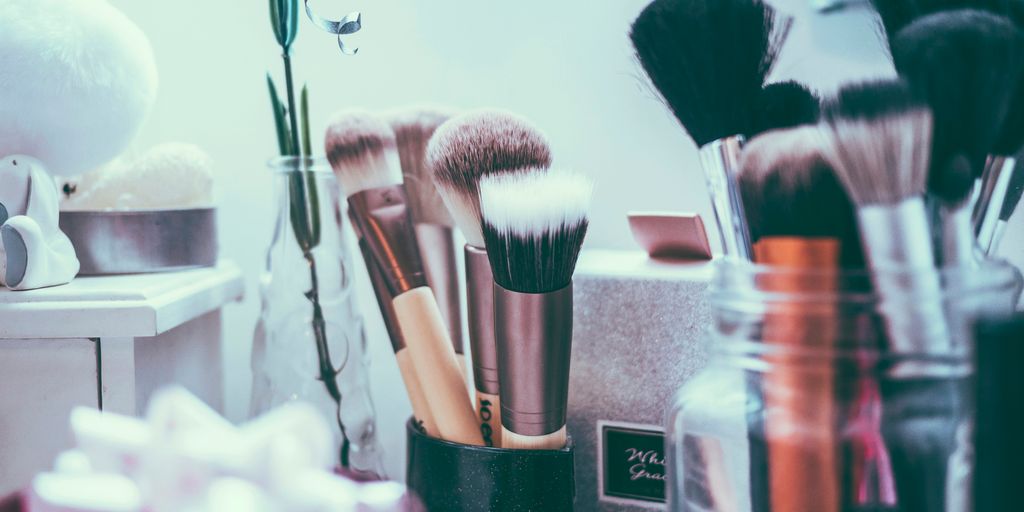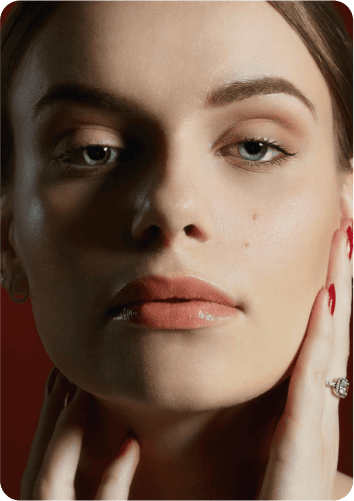If you’re curious about whether Makeup Forever is cruelty-free in 2025, you’re not alone. Many beauty enthusiasts are increasingly concerned about animal welfare and the practices of the brands they support. In this article, we will explore the current status of Makeup Forever regarding animal testing, its parent company’s practices, and what it means for consumers who want to make ethical choices in their beauty routines.
Key Takeaways
- Makeup Forever is not cruelty-free, as it sells products in regions where animal testing is required, like China.
- The brand is owned by LVMH, which does conduct animal testing where legally required.
- Makeup Forever is not certified cruelty-free by major organizations like PETA or Leaping Bunny.
- While Makeup Forever is considered clean, it is not fully vegan, and some products may contain animal-derived ingredients.
- Consumer choices matter; supporting or boycotting brands impacts their practices and the beauty industry as a whole.
Understanding Makeup Forever’s Cruelty-Free Status
It’s not always easy figuring out if a brand is truly cruelty-free. There’s a lot to consider, and things can change quickly. Let’s take a look at Makeup Forever and see where they stand in 2025.
Is Makeup Forever Owned By A Cruelty-Free Parent Company?
Okay, so this is where it gets a little tricky. Makeup Forever is owned by LVMH, a major player in the luxury goods world. LVMH does conduct animal testing when required by law. This means that while Makeup Forever might have some control over its own practices, it’s ultimately tied to a company that isn’t fully cruelty-free. Some people are okay with this, others aren’t – it really comes down to personal preference.
Is Makeup Forever Cruelty-Free Certified?
Nope, Makeup Forever doesn’t have any official cruelty-free certifications like Leaping Bunny or PETA. These certifications aren’t the be-all and end-all, but they do provide an extra layer of assurance. A lot of brands that are cruelty-free choose to get certified, but it’s not mandatory. So, the lack of certification doesn’t automatically mean they aren’t cruelty-free, but it’s something to keep in mind.
Is Makeup Forever Sold Where Animal Testing Is Required By Law?
Unfortunately, yes. Makeup Forever sells its products in countries like China, where animal testing is required for imported cosmetics. This is a big sticking point for many people in the cruelty-free community. Even though Makeup Forever claims they don’t conduct the tests themselves, the fact that their products are sold in these markets means that animal testing is likely happening somewhere along the line.
Navigating the world of cruelty-free beauty can feel like a minefield. It’s all about weighing different factors and deciding what’s most important to you. There’s no right or wrong answer, just informed choices.
The Parent Company Connection
Who Owns Makeup Forever?
Makeup Forever is owned by LVMH (Moët Hennessy Louis Vuitton), a big luxury goods company. It’s important to know this because a brand’s cruelty-free status can be affected by its parent company’s policies. We need to look at LVMH’s practices to understand the full picture.
Does LVMH Test On Animals?
LVMH’s animal testing policies are a bit complex. While LVMH states they are committed to eliminating animal testing, they also acknowledge that some of their products may be tested on animals when required by law in certain countries. This is where things get tricky. It means that even if Makeup Forever itself doesn’t conduct animal tests, its parent company might allow it under specific regulations.
Implications Of Parent Company Practices
What does this mean for Makeup Forever’s cruelty-free status? Well, it depends on your personal definition. Some people consider a brand not cruelty-free if its parent company tests on animals, even if the brand itself doesn’t. Others focus on the individual brand’s practices. Ultimately, it’s about aligning your purchases with your values.
It’s worth noting that the beauty industry is constantly evolving. Consumer pressure and scientific advancements are pushing for more cruelty-free alternatives. Keep an eye on how LVMH’s policies change in the coming years, as this will directly impact Makeup Forever’s standing in the cruelty-free community.
Here’s a quick summary:
- Makeup Forever is owned by LVMH.
- LVMH may allow animal testing where required by law.
- This affects how you perceive Makeup Forever’s cruelty-free status.
Vegan and Clean Beauty Considerations
Is Makeup Forever Vegan?
Finding out if a brand aligns with vegan values can be tricky. Makeup Forever isn’t 100% vegan, meaning not all their products are free from animal-derived ingredients. It’s important to check each product individually if you’re following a strict vegan lifestyle. Some common animal-derived ingredients to watch out for include beeswax, lanolin, and carmine. If a brand offers entirely vegan products, it will usually be clearly stated.
What Does Clean Beauty Mean?
The term "clean beauty" is everywhere, but what does it really mean? Basically, it refers to products formulated without ingredients that are considered potentially harmful to human health, animal health, or the environment. However, there’s no universal legal definition, which can make things confusing. Brands often have their own standards. Makeup Forever has started excluding certain ingredients like parabens and phthalates from their new products.
Are There Vegan Certifications Available?
Yes, there are several organizations that offer vegan certifications. These certifications can help you quickly identify products that meet vegan standards. Some well-known organizations include Vegan Action, The Vegan Society, and The Vegetarian Society. These groups provide trademarks to companies that avoid animal-derived ingredients. Looking for these logos can simplify your shopping experience.
Choosing beauty products that align with your values is a personal decision. Understanding the nuances of terms like "cruelty-free," "vegan," and "clean" empowers you to make informed choices. Researching ingredients and certifications can help you find brands that match your ethical standards.
Here’s a quick list of things to consider:
- Check for vegan certifications on product packaging.
- Read the ingredient list carefully.
- Research the brand’s overall ethical stance.
Sustainability and Social Responsibility
Is Makeup Forever Sustainable?
Okay, so, is Makeup Forever actually trying to be sustainable? It’s a fair question. From what I can gather, they’re making some effort, but it’s not super transparent. I’ve seen mentions of using around 70% recyclable plastic in their packaging, which is a start. But, it’s hard to find detailed information about their overall approach to reducing their environmental impact. It would be great to see them be more open about their sustainability goals and practices.
Where Is Makeup Forever Made?
Makeup Forever was born in France, and its parent company, LVMH, is also French. However, it’s surprisingly difficult to pinpoint exactly where their products are manufactured. I couldn’t find solid info on whether production is primarily in France or elsewhere. This lack of clarity can make it hard to assess the brand’s environmental and social responsibility throughout its supply chain.
How Does Makeup Forever Support Communities?
Makeup Forever does seem to have a history of social responsibility. Since its start in 1984, the brand has expressed an inclusive vision of beauty, especially towards the gay and transgender communities. Today, Makeup Forever supports the community through different initiatives.
It’s important for brands to not only create good products but also to give back and support the communities they serve. Knowing that a brand aligns with your values can make a big difference in your purchasing decisions.
Here are some ways brands can support communities:
- Donating to relevant charities
- Partnering with community organizations
- Promoting diversity and inclusion within the company
Consumer Choices and Ethical Considerations
Should You Support Makeup Forever?
Deciding whether or not to support a brand like Makeup Forever involves a bit of soul-searching. It’s not always a straightforward yes or no. You have to weigh the brand’s actions (or inactions) against your own personal values. For some, the fact that Makeup Forever isn’t fully cruelty-free might be a deal-breaker. For others, the brand’s efforts in other areas, like sustainability or community support, might be enough to warrant their support. It really comes down to what matters most to you.
Understanding Your Values In Beauty Choices
Before you can make an informed decision about which brands to support, it’s important to understand your own values. What issues are most important to you? Is it animal welfare? Environmental sustainability? Fair labor practices? Once you’ve identified your priorities, you can start to research brands and see how they measure up. Maybe create a list:
- Animal welfare
- Environmental impact
- Fair labor practices
- Ingredient sourcing
The Impact Of Your Purchases
Every purchase you make sends a message to brands. When you buy a product from a company, you’re essentially voting with your wallet. You’re telling that company that you approve of their practices and that you want them to continue doing what they’re doing. That’s why it’s so important to be mindful of where you’re spending your money. If you don’t like a brand’s policies on animal testing, for example, you can choose to support a cruelty-free brand instead. Over time, these collective consumer choices can influence brand behavior and push companies to adopt more ethical practices.
It’s easy to feel like one person can’t make a difference, but the truth is that every purchase counts. By making conscious choices, you can help create a more ethical and sustainable beauty industry. It’s a slow process, but it’s worth it.
Transparency In Beauty Brands
Why Transparency Matters
In the beauty world, transparency is super important. It’s about brands being open and honest about what goes into their products and how they’re made. When brands are transparent, it helps us, as consumers, make better choices. We can see if a product aligns with our values, whether it’s about being cruelty-free, vegan, or sustainable. Without transparency, it’s hard to know what we’re really buying.
How To Research Beauty Brands
Researching beauty brands can feel like a lot, but here are some steps to make it easier:
- Check the brand’s website for information on ingredients, manufacturing processes, and ethical practices.
- Look for certifications from trusted organizations like Leaping Bunny or PETA.
- Read reviews from other consumers to see what their experiences have been.
- Use online databases and resources that compile information on brand ethics and sustainability.
It’s always a good idea to cross-reference information from multiple sources to get a well-rounded view of a brand’s practices.
The Role Of Certifications In Consumer Trust
Certifications play a big role in building trust between brands and consumers. When a product is certified by a reputable organization, it means it has been independently verified to meet certain standards. For example, a cruelty-free certification means that the product has not been tested on animals. A vegan certification means that the product does not contain any animal-derived ingredients. These certifications can help us feel more confident in our purchases and support brands that align with our values.
Here’s a simple table showing some common certifications:
| Certification | What it Means |
|---|---|
| Leaping Bunny | The company does not test on animals during any stage of product development. |
| PETA | The company has verified that they do not conduct, commission, or pay for any tests on animals for ingredients, formulations, or finished products. |
| Vegan Action | The product does not contain animal products or byproducts and has not been tested on animals. |
The Future Of Makeup Forever
What Changes Are Expected In 2025?
Looking ahead to 2025, it’s reasonable to anticipate shifts in Makeup Forever’s practices. Consumer pressure is a big driver for change in the beauty industry, and brands are increasingly aware of the need to adapt. We might see Makeup Forever making further strides towards sustainability, perhaps with more eco-friendly packaging or a greater commitment to sourcing sustainable ingredients. It’s also possible they’ll reformulate more products to be vegan-friendly, catering to the growing demand for vegan cosmetics.
Consumer Influence On Brand Practices
Consumers have more power than they realize. Our choices directly impact what brands do. If we consistently choose cruelty-free and sustainable options, brands will take notice and adjust their practices to meet our demands. Engaging with brands directly through social media, reviews, and emails can also push them to be more transparent and ethical. It’s all about making our voices heard and showing brands that we care about these issues.
The Evolving Landscape Of Cruelty-Free Beauty
The world of cruelty-free beauty is constantly changing. New certifications emerge, regulations evolve, and brands are continually innovating. Staying informed is key. Here are some things to keep in mind:
- Keep an eye on updates from organizations like Leaping Bunny and PETA.
- Read ingredient lists carefully and research any unfamiliar ingredients.
- Support brands that are transparent about their sourcing and manufacturing processes.
The future of cruelty-free beauty depends on informed consumers who are willing to hold brands accountable. By making conscious choices, we can create a more ethical and sustainable beauty industry for everyone.
Makeup is changing fast, and the future looks bright! With new ideas and eco-friendly products, we can enjoy beauty while caring for our planet. If you want to stay updated on the latest trends and find amazing products, visit our website today! Let’s explore the future of makeup together!
Final Thoughts on Makeup Forever’s Cruelty-Free Status
In conclusion, it’s clear that Makeup Forever is not cruelty-free in 2025. They sell in markets where animal testing is required, like China, and their parent company, LVMH, conducts animal testing when mandated by law. While they may have some clean and sustainable practices, the animal testing issue overshadows these efforts. If supporting cruelty-free brands is important to you, it might be worth looking for alternatives that align better with your values. We hope this article has helped clarify the situation and guide you in making informed choices about your beauty products.
Frequently Asked Questions
Is Makeup Forever cruelty-free?
No, Makeup Forever is not cruelty-free. They sell products in China, where testing on animals is required by law.
Who owns Makeup Forever?
Makeup Forever is owned by LVMH, a company that does test on animals in some situations.
Is Makeup Forever certified as cruelty-free?
No, Makeup Forever does not have any cruelty-free certifications from trusted organizations.
Are Makeup Forever products vegan?
Not all Makeup Forever products are vegan, so it’s important to check the labels.
Is Makeup Forever considered clean beauty?
Yes, Makeup Forever is working towards clean beauty by removing harmful ingredients from their new products.
Where are Makeup Forever products made?
Makeup Forever is a French brand, but it’s unclear where all of their products are actually made.
